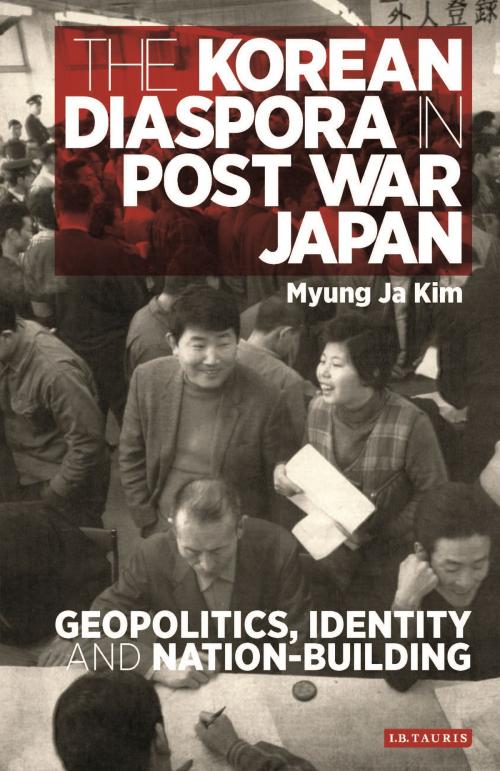The Korean Diaspora in Post War Japan
Geopolitics, Identity and Nation-Building
Nonfiction, Science & Nature, Science, Social & Cultural Studies, Political Science, History| Author: | Myung Ja Kim | ISBN: | 9781786721853 |
| Publisher: | Bloomsbury Publishing | Publication: | May 30, 2017 |
| Imprint: | I.B. Tauris | Language: | English |
| Author: | Myung Ja Kim |
| ISBN: | 9781786721853 |
| Publisher: | Bloomsbury Publishing |
| Publication: | May 30, 2017 |
| Imprint: | I.B. Tauris |
| Language: | English |
Recent American political developments, including the election of Donald Trump, reveal profound disquiet with the highly centralized political regime based on discretionary allocation of funds and powers to interest groups that has developed since the creation of emergency institutions after America's entry into World War I. This book demonstrates the effectiveness in American history of measures conceived in a different spirit, addressing the population at large, rather than particular interest groups, relying on citizen and local initiative, and founded not on the distribution of frequently unearned benefits and powers but on reciprocal contributions and obligations. George W. Liebmann discusses John Winthrop and his foundation of New England towns; John Locke and the creation of Southern plantations; Thomas Jefferson and his scheme for the organization of Northwestern townships and American territories and states; Joseph Pulitzer and the origins of municipal home rule; John Wesley Powell and the creation of reclamation districts; Hugh Hammond Bennett and the fostering of soil conservation districts; and Byron Hanke and the development of residential community associations. The book concludes with a number of public policy proposals relating to housing, urban renewal, care of the elderly, immigration and youth unemployment conceived in the same spirit. Liebmann brings to light little-known facts concerning the growth of practices and institutions that Americans take for granted. His book will be of interest to students of biography, history and government.
Recent American political developments, including the election of Donald Trump, reveal profound disquiet with the highly centralized political regime based on discretionary allocation of funds and powers to interest groups that has developed since the creation of emergency institutions after America's entry into World War I. This book demonstrates the effectiveness in American history of measures conceived in a different spirit, addressing the population at large, rather than particular interest groups, relying on citizen and local initiative, and founded not on the distribution of frequently unearned benefits and powers but on reciprocal contributions and obligations. George W. Liebmann discusses John Winthrop and his foundation of New England towns; John Locke and the creation of Southern plantations; Thomas Jefferson and his scheme for the organization of Northwestern townships and American territories and states; Joseph Pulitzer and the origins of municipal home rule; John Wesley Powell and the creation of reclamation districts; Hugh Hammond Bennett and the fostering of soil conservation districts; and Byron Hanke and the development of residential community associations. The book concludes with a number of public policy proposals relating to housing, urban renewal, care of the elderly, immigration and youth unemployment conceived in the same spirit. Liebmann brings to light little-known facts concerning the growth of practices and institutions that Americans take for granted. His book will be of interest to students of biography, history and government.















